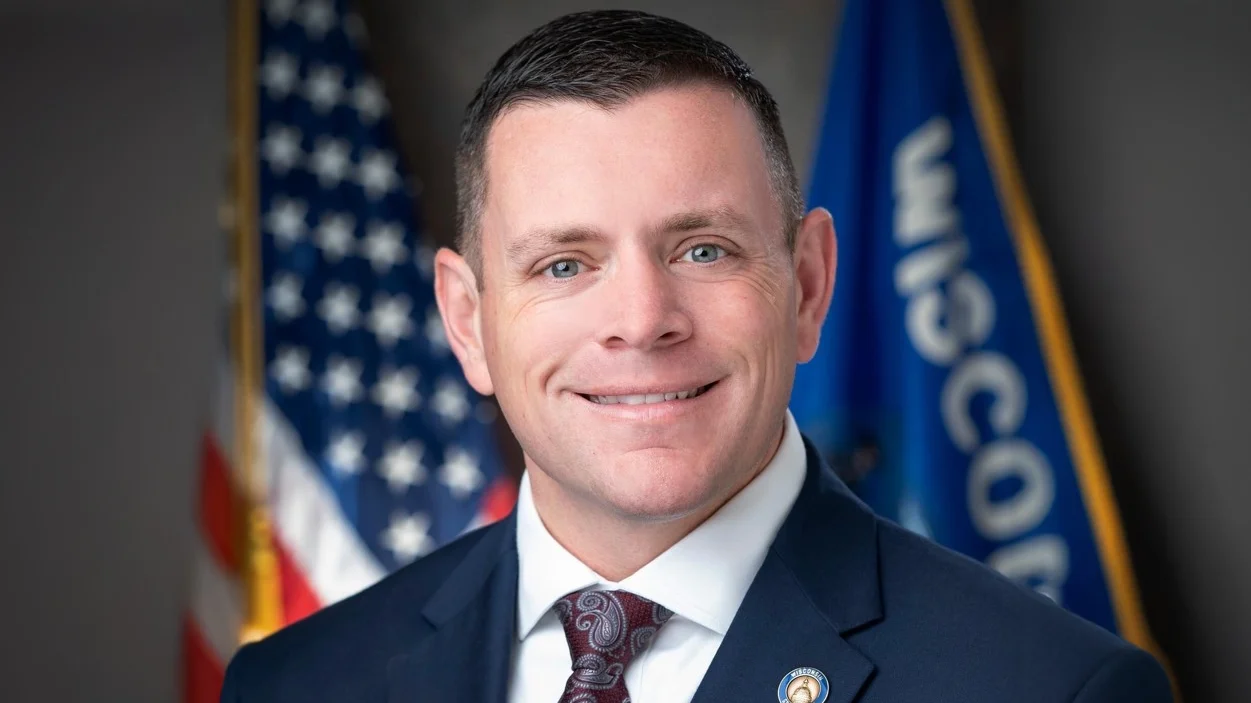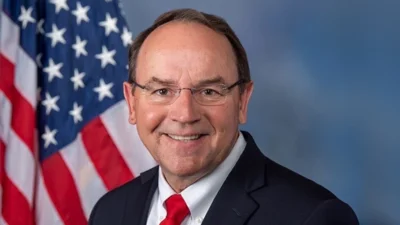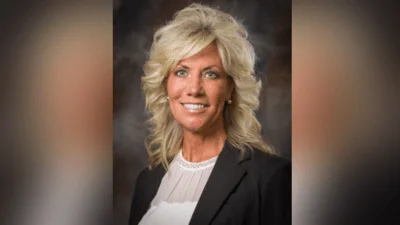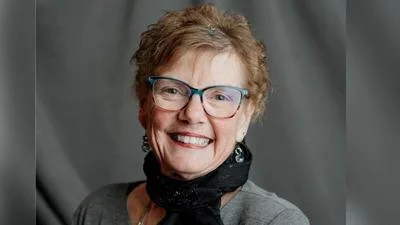Patrick Testin, Wisconsin State Senator for 24th District | Official Linkedin
Patrick Testin, Wisconsin State Senator for 24th District | Official Linkedin
According to the Wisconsin State Legislature's official website, the bill was described as follows: "creating a rural creative economy development grant program. (FE)".
The following is our breakdown, based on the actual bill text, and may include interpretation to clarify its provisions.
In essence, the bill establishes a rural creative economy development grant program administered by the Wisconsin Economic Development Corporation (WEDC). It mandates WEDC to provide grants up to $50,000 on a competitive basis to local governments, American Indian tribes, economic development, and nonprofit organizations for projects aimed at enhancing tourism and community development in rural Wisconsin areas. Eligible activities include promoting creative enterprises, public arts, or public spaces, with applications requiring clear goals and outcomes. Grant recipients must match the amount with nonstate funds; in-kind contributions are restricted to 25% of the match. WEDC is tasked with reporting the program’s effectiveness to the Joint Committee on Finance by May 1, 2027.
The bill was co-authored by Representative Todd Novak (Republican-51st District), Senator Brad Pfaff (Democrat-32nd District), Senator Mark Spreitzer (Democrat-15th District), and Senator Rachael Cabral-Guevara (Republican-19th District). It was co-sponsored by Representative Clinton M. Anderson (Democrat-45th District), Representative David Armstrong (Republican-67th District), and Representative Mike Bare (Democrat-80th District), along with 19 other co-sponsors.
Patrick Testin has authored or co-authored another 20 bills since the beginning of the 2025 session, with one of them being enacted.
Testin graduated from the University of Wisconsin at Stevens Point in 2011 with a BS.
Testin, a Republican, was elected to the Wisconsin State Senate in 2017 to represent the state's 24th Senate district, replacing previous state senator Howard Marklein.
In Wisconsin, the legislative process starts when a senator, constituent, group, or agency proposes an idea for a bill. After drafting, the bill is introduced, numbered, and referred to a committee for review and public input. If approved, it moves through three readings and votes in both the Senate and Assembly. Once both chambers pass the same version, the bill goes to the governor, who can sign it, veto it, or let it become law without a signature. Only a small share of bills introduced each session ultimately become law. You can learn more about the Wisconsin legislative process here.
| Bill Number | Date Introduced | Short Description |
|---|---|---|
| SB173 | 04/03/2025 | Creating a rural creative economy development grant program. (FE) |
| SB164 | 03/27/2025 | Use of certified seed potatoes in planting potatoes and providing a penalty. (FE) |
| SB156 | 03/26/2025 | Requiring first responders to be trained to administer epinephrine delivery systems. (FE) |
| SB152 | 03/21/2025 | Financial eligibility for the Alzheimer’s family and caregiver support program. (FE) |
| SB113 | 03/07/2025 | A transition to grazing pilot program and making an appropriation. (FE) |
| SB96 | 03/07/2025 | Exempting certain electric vehicle charging stations located at a residence from the electric vehicle charging tax. (FE) |
| SB71 | 02/26/2025 | Ratification of the Dietitian Licensure Compact. (FE) |
| SB68 | 02/24/2025 | The prescription drug monitoring program. (FE) |
| SB24 | 02/05/2025 | Limitations on the total value of taxable property that may be included in, and the lifespan of, a tax incremental financing district created in the city of Middleton. (FE) |





 Alerts Sign-up
Alerts Sign-up